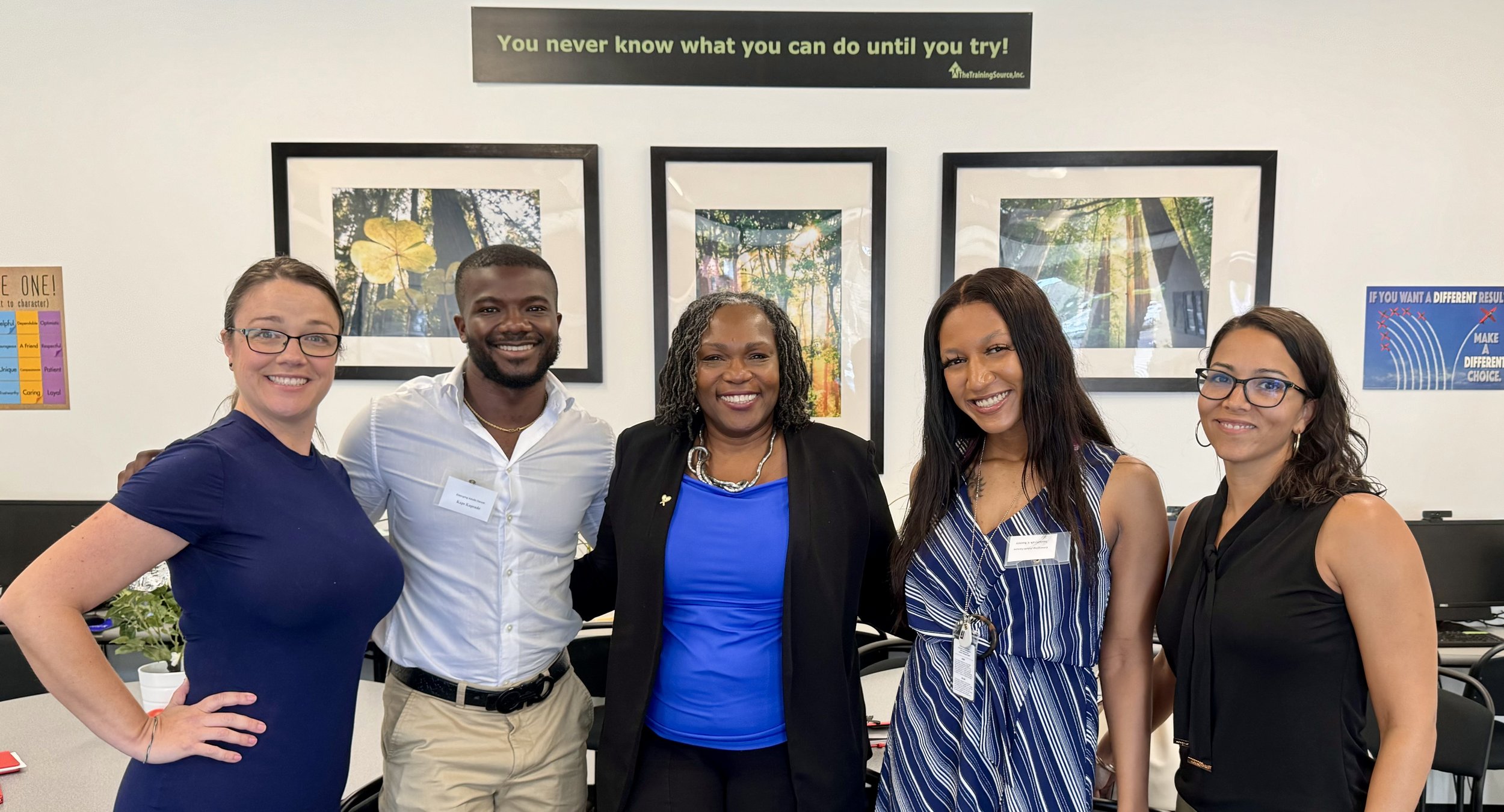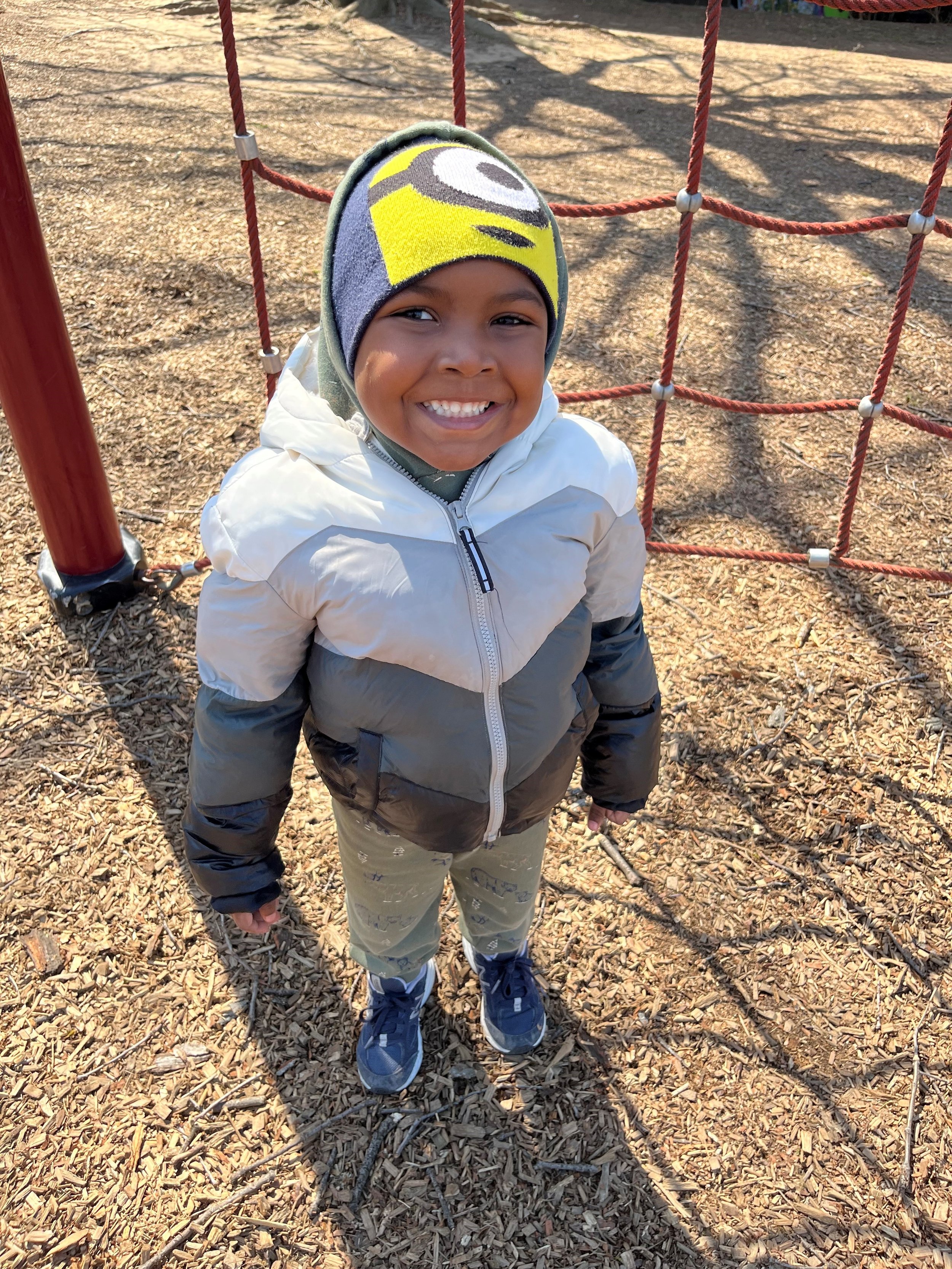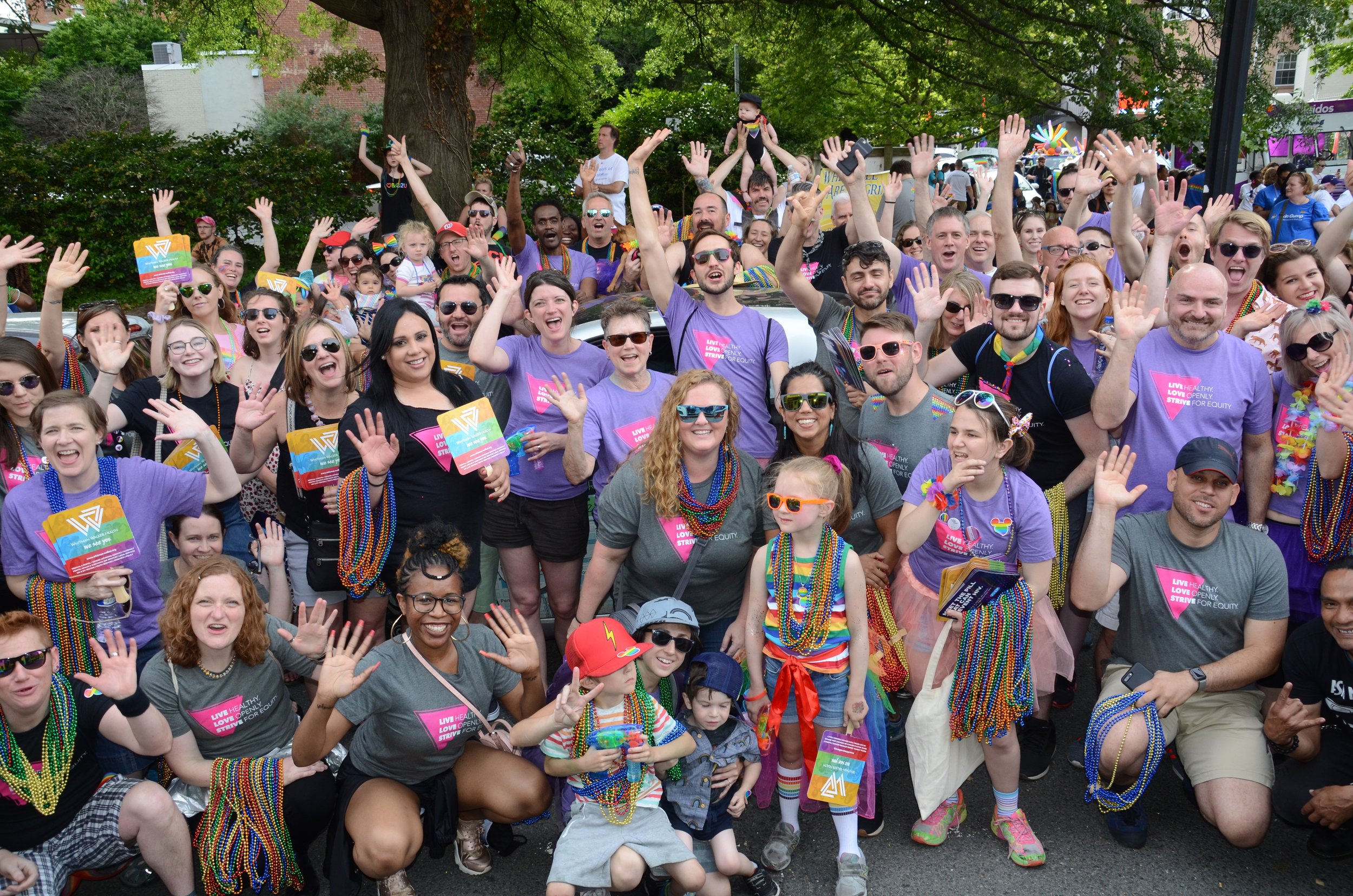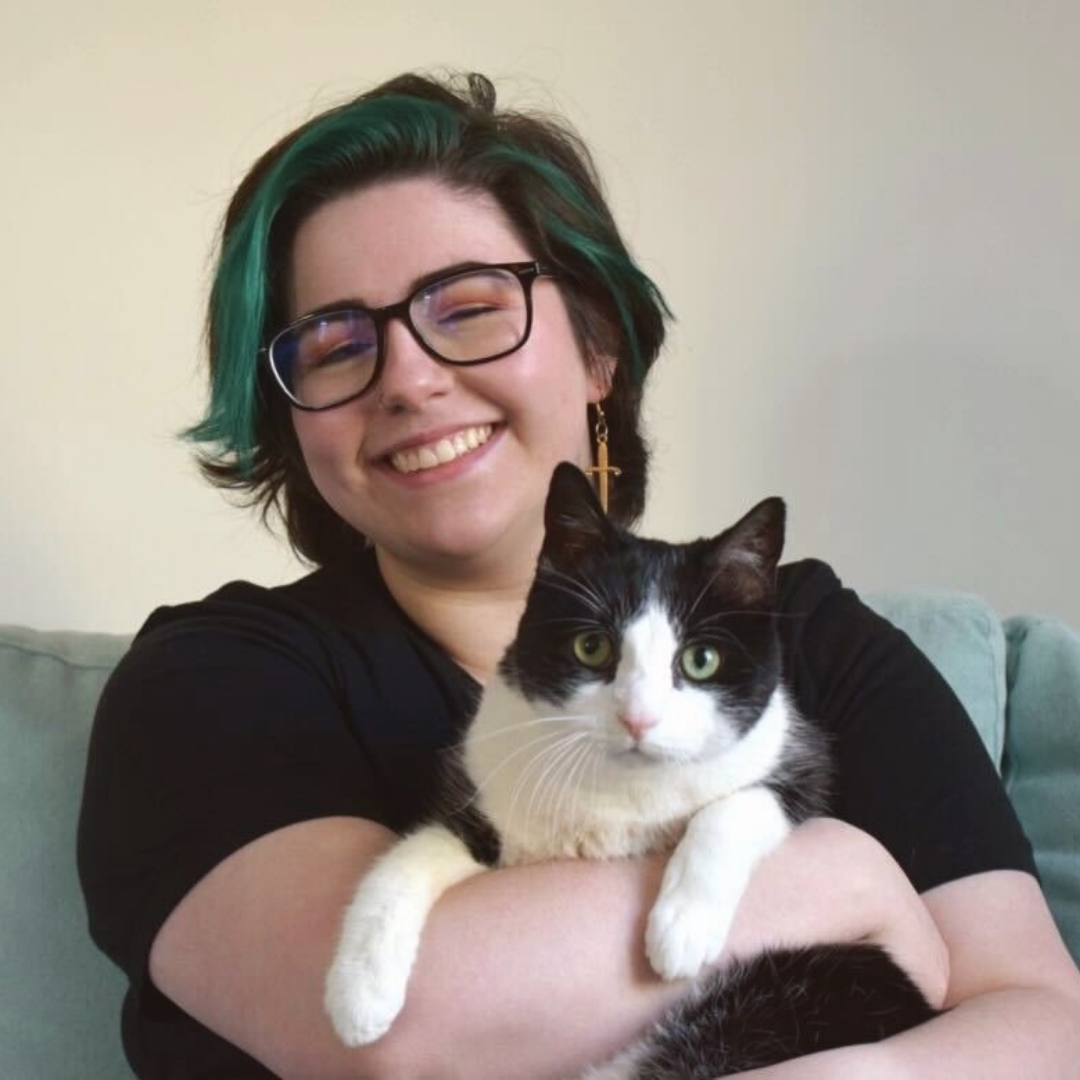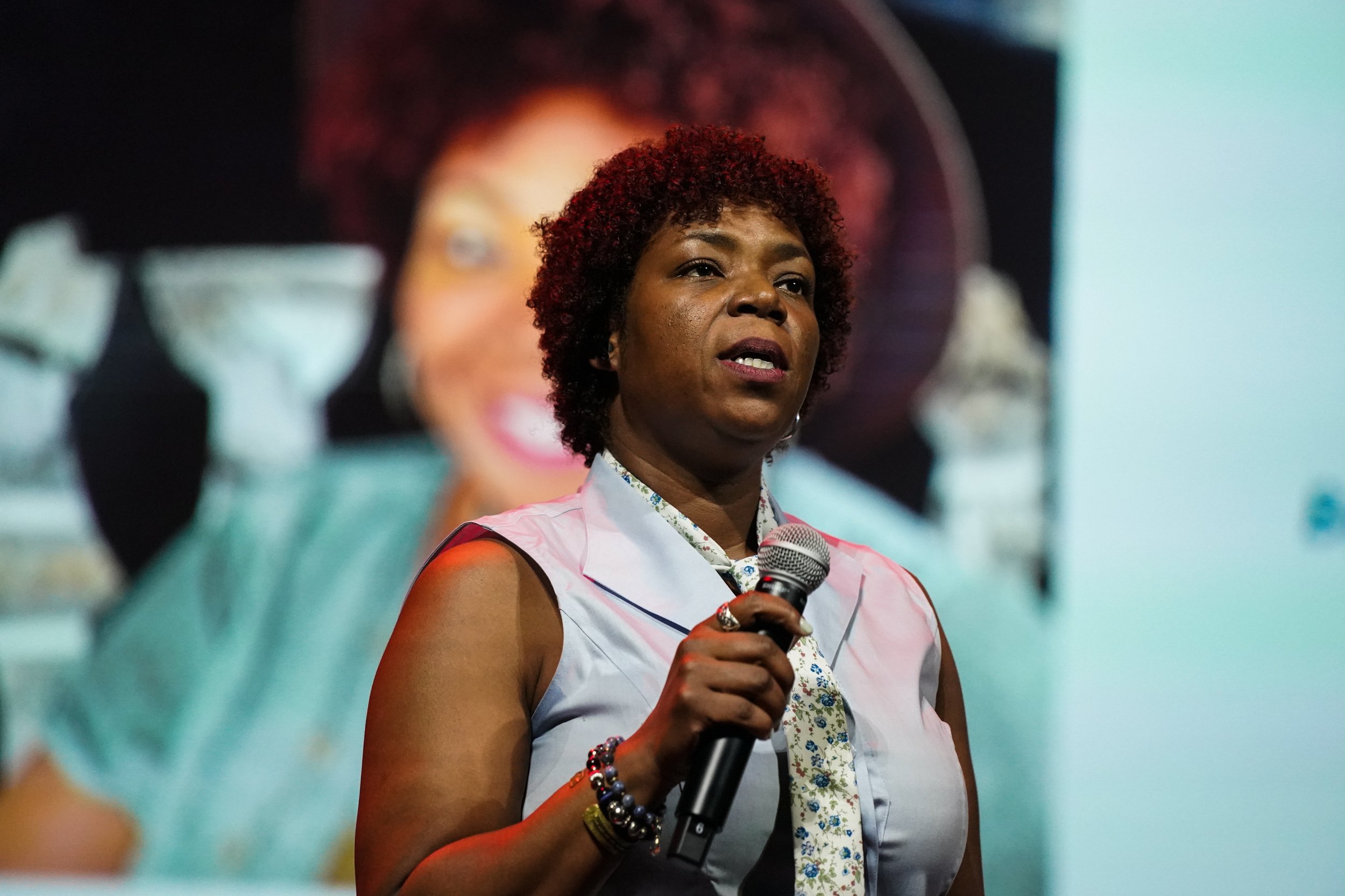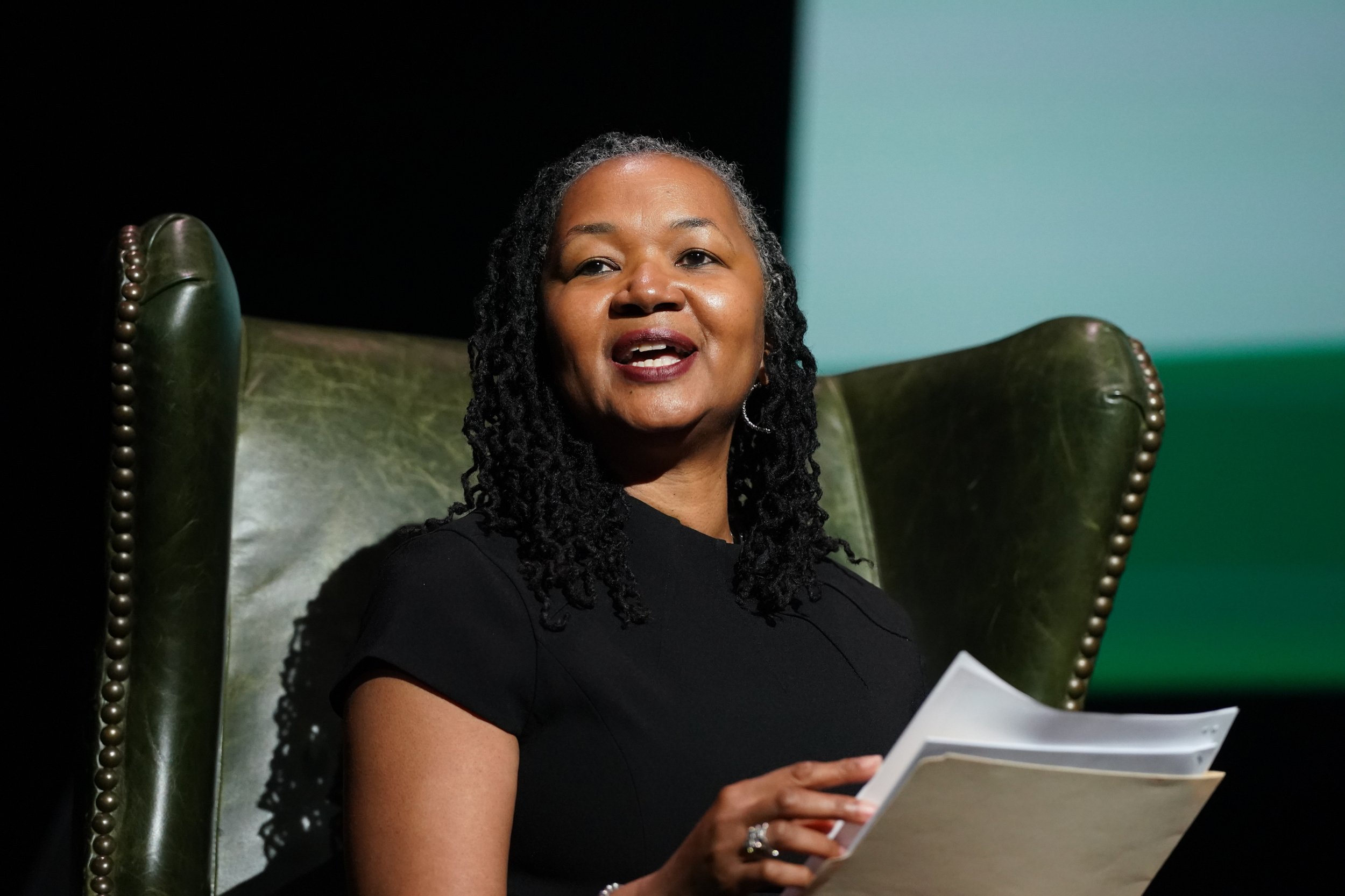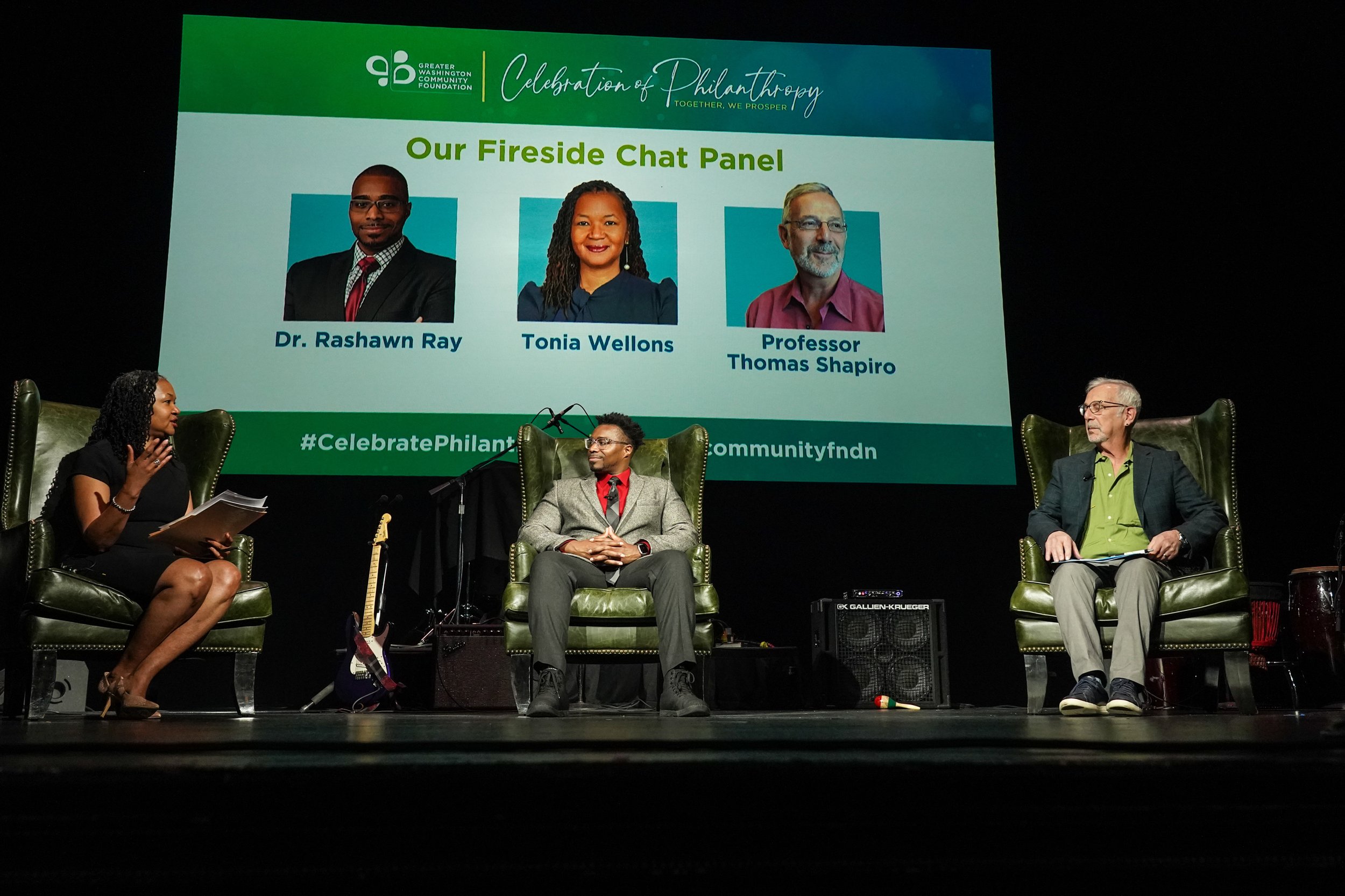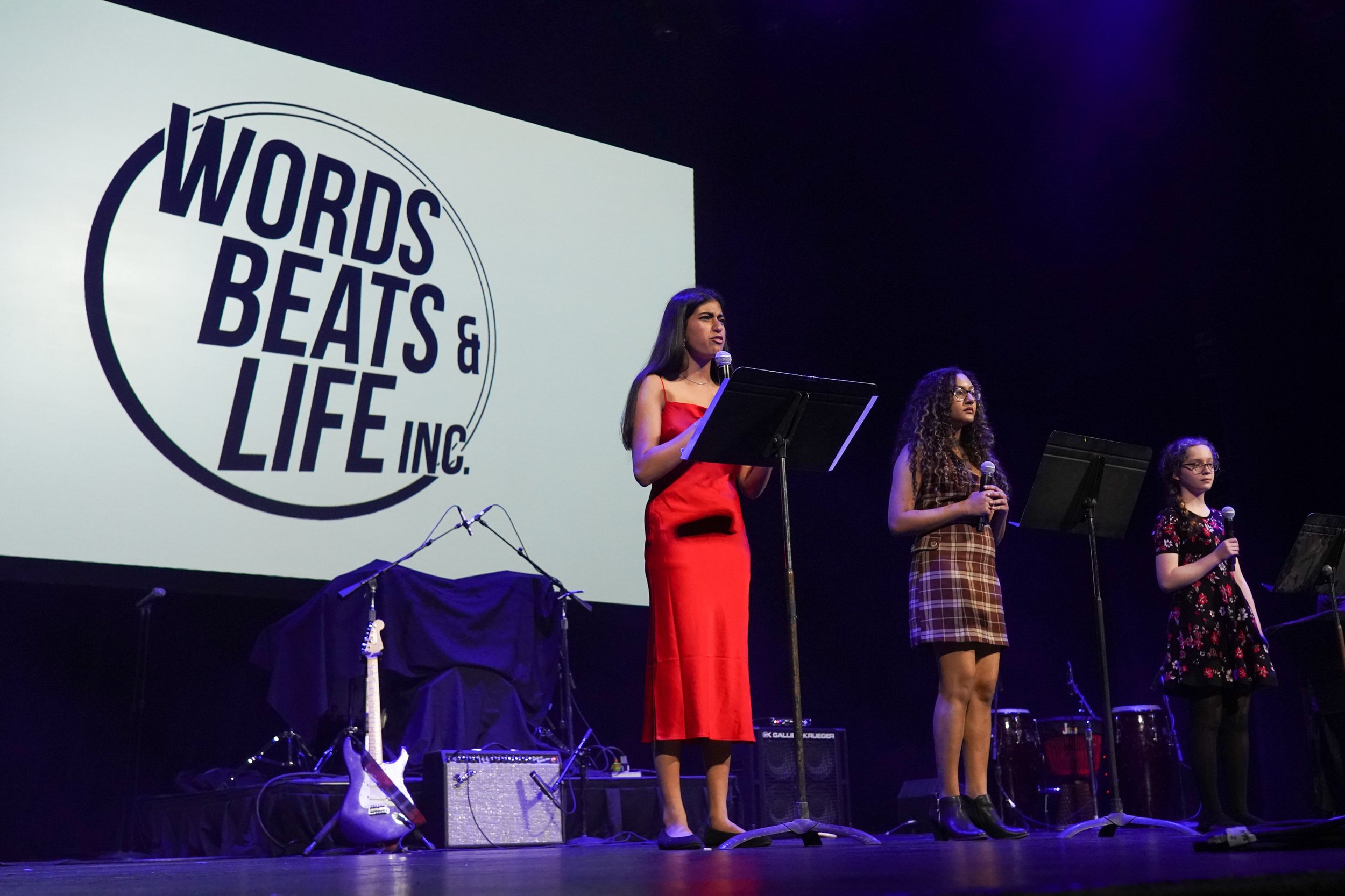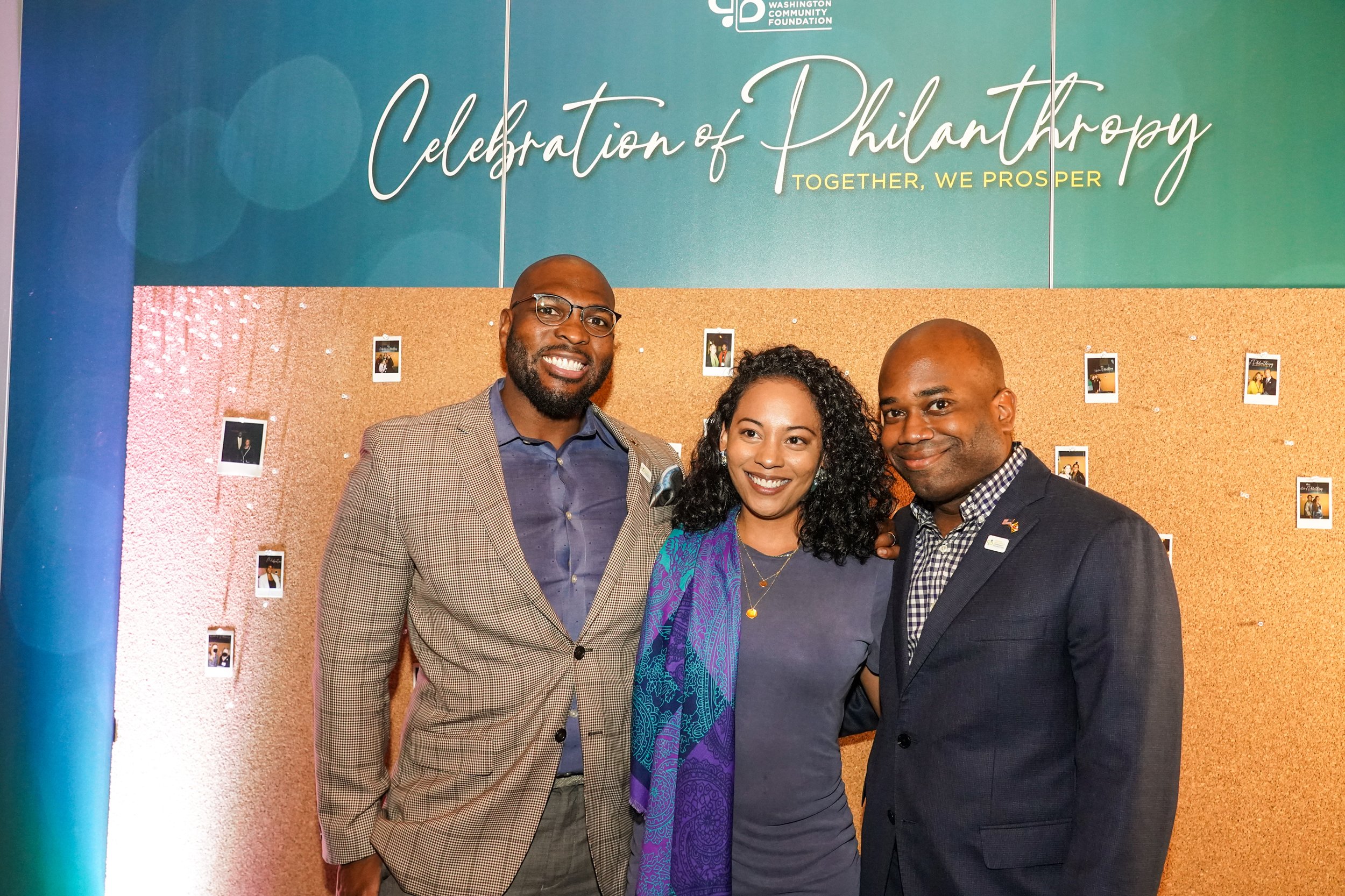April 2025 marks the one-year anniversary of Thrive Prince George’s - a 2-year $4 million guaranteed income pilot that seeks to provide greater economic stability and increase upward mobility for foster youth and seniors in Prince George’s County.
As we celebrate this milestone, we’re excited to spotlight Julia, a Thrive Prince George’s participant who shared with us her journey as a single mother. In the interest of protecting her privacy, Julia’s last name has been withheld from this piece.
As a young single mother and daughter of immigrants, Julia knows what it’s like to fight for her dreams.
“I learned independence and hard work from a young age, thanks to my dad,” Julia shared. “He sacrificed a lot for our family; now I am doing the same for my daughter – trying to be the best person and mother I can be.”
Julia was just nine years old when she entered the foster care system, due to family challenges – including the deportation of her father, who she was very close to.
“My time in foster care was really difficult,” Julia explained. “My dad is my best friend – having him torn away like that was a really traumatic experience.”
“I felt like I had been mistreated; like no one really heard me or understood what I was going through.”
Navigating the Foster Care System with CASA Prince George’s
Julia spent the next eight years in various living situations, moving from home to home – at one point even running away from foster care – before she finally found a loving foster home where she felt seen and heard.
“CASA was with me from the beginning,” Julia shared. “They treated me as if I were part of their family – they are amazing people that came into my life at the perfect time. I don’t know where I’d be, if I didn’t have them.”
Court Appointed Special Advocates (CASA) of Prince George’s County, is a volunteer-based organization that works to improve the lives of children and youth living in foster care, by supporting and advocating for their best interest.
The organization connected Julia with a case supervisor and court appointed volunteers that worked with her one-on-one, to gain confidence in advocating for herself and her needs. Over time, they connected her with community resources to empower her with the means and information to set goals for the future.
Starting a Family & Transitioning Out of Foster Care
Then as Julia was entering her senior year of high school, her life was altered yet again – this time for the better – when she became pregnant with a beautiful baby girl.
“Becoming a single mother is one of the best things that ever happened to me,” Julia shared. “My daughter tells me every day that she’s proud of me and that I’m her superhero.”
“She inspires me to be the best mom, the best person, the best provider – I don’t want to be in the same spot, because I don’t want her to be in the same spot. I want to be better for her.”
Of course, that journey has been far from easy, as Julia has fought to balance motherhood and childcare with providing for her family’s future – all while trying to achieve her own personal goals.
“There have been a lot of bumps in the road,” Julia shared. “I’m so grateful for the Thrive Prince George’s program for giving me that extra breathing space each month – it really has made a big difference.”
Looking Forward with Thrive Prince George’s
In April 2024, Julia became one of 50 youth selected to participate in Thrive Prince George’s – a guaranteed income pilot program that provides financial support to seniors and youth who aged out of the Prince George’s County foster care system. The program, which is funded through public and private philanthropic resources, provides participants with monthly payments of $800 for a 24-month period.
With the help of Thrive Prince George’s, Julia has able to spend more time with her daughter – while still meeting the family’s basic needs. The monthly payments from Thrive Prince George’s helped cover a wide range of needs including doctor’s visits, medications, food, clothing, phone bills – and most significantly – rent payments.
Thanks to Thrive Prince George’s, the family was recently able to move into a new apartment building to provide a safer and healthier environment for Julia’s daughter - who turns six this year.
“This new apartment has been such a blessing for me and my daughter,” Julia added. “It’s opened up a lot of opportunities for growth that just weren’t available in our old place.”
Looking forward to the next year, Julia hopes to attend classes at Prince George’s Community College -with the goal of obtaining her GED and one day becoming a pediatric nurse. She also plans to build up her savings so she can afford to travel with her daughter to places outside of the DMV. Eventually, Julia hopes to save enough money to visit her father, so that he can finally meet his granddaughter, in person.
“My daughter and I understand about sacrifice,” Julia concluded. “We know that $800 a month can only go so far.”
“But thanks to Thrive Prince George’s we can see what’s possible.”
The Community Foundation is proud to partner with Court Appointed Special Advocates Prince George’s to help families like Julia’s through Thrive Prince George’s. Together, we are building a brighter future for youth navigating the foster care system.
For more information about Thrive Prince George’s and how to get involved, visit our website at https://www.togetherweprosperdmv.org/thrive-prince-georges





